Chapter 13 Bankruptcy
Chapter 13 is a bankruptcy filed by an individual and is typically filed if either that individual has income over a certain level or assets that are not exempt from creditors.
Is Chapter 13 Bankruptcy Right For You?
If you’re a business debtor who wants to keep their business open and not dissolve it in Chapter 7 bankruptcy, there are two bankruptcy options that allow you to restructure your business debts—Chapter 11 and Chapter 13 bankruptcy.
Both bankruptcy chapters allow you to keep the business property as long as you have a viable plan for making payments.
Both bankruptcy chapters allow you to discharge debts that you can’t afford to pay.
Both bankruptcy chapters give you an opportunity to modify some secured debts.
Here are some key differences between Chapter 11 and Chapter 13 when restructuring your debts.
Trustee Presence
When a business files Chapter 13 bankruptcy, a trustee is required. The trustee’s role is administrative in that they review documents, collect debtor payments, and distribute money to creditors.
Debt Limits
Debtors who want to file Chapter 13 bankruptcy debt amounts must be below a certain limit and that can differ from state to state. Anyone who owes more than the debt limits established by the bankruptcy court is not allowed to file Chapter 13 bankruptcy. It’s important to note that in a business bankruptcy the debt limit excludes debt owed to business insiders such as family members.
Type of Debtors
Partnerships, corporations, and multi-member LLCs are prohibited from filing Chapter 13 bankruptcy. If you’re a sole proprietor or the sole member of an LLC and can transfer the assets of your business to yourself, you are eligible to file Chapter 13 bankruptcy as long as you meet the debt limits and other requirements for your jurisdiction.
Repayment Time
Chapter 13 bankruptcy repayment plans usually last anywhere from three to five years.
Disposable Income
Chapter 13 bankruptcy rules require that all of a debtor’s disposable income go to paying off creditors.
Learn More: Chapter 13 vs. Chapter 11 Bankruptcy: What Business Debtors Should Know
If you’re considering a business bankruptcy, speak with an experienced bankruptcy attorney about all your options.


